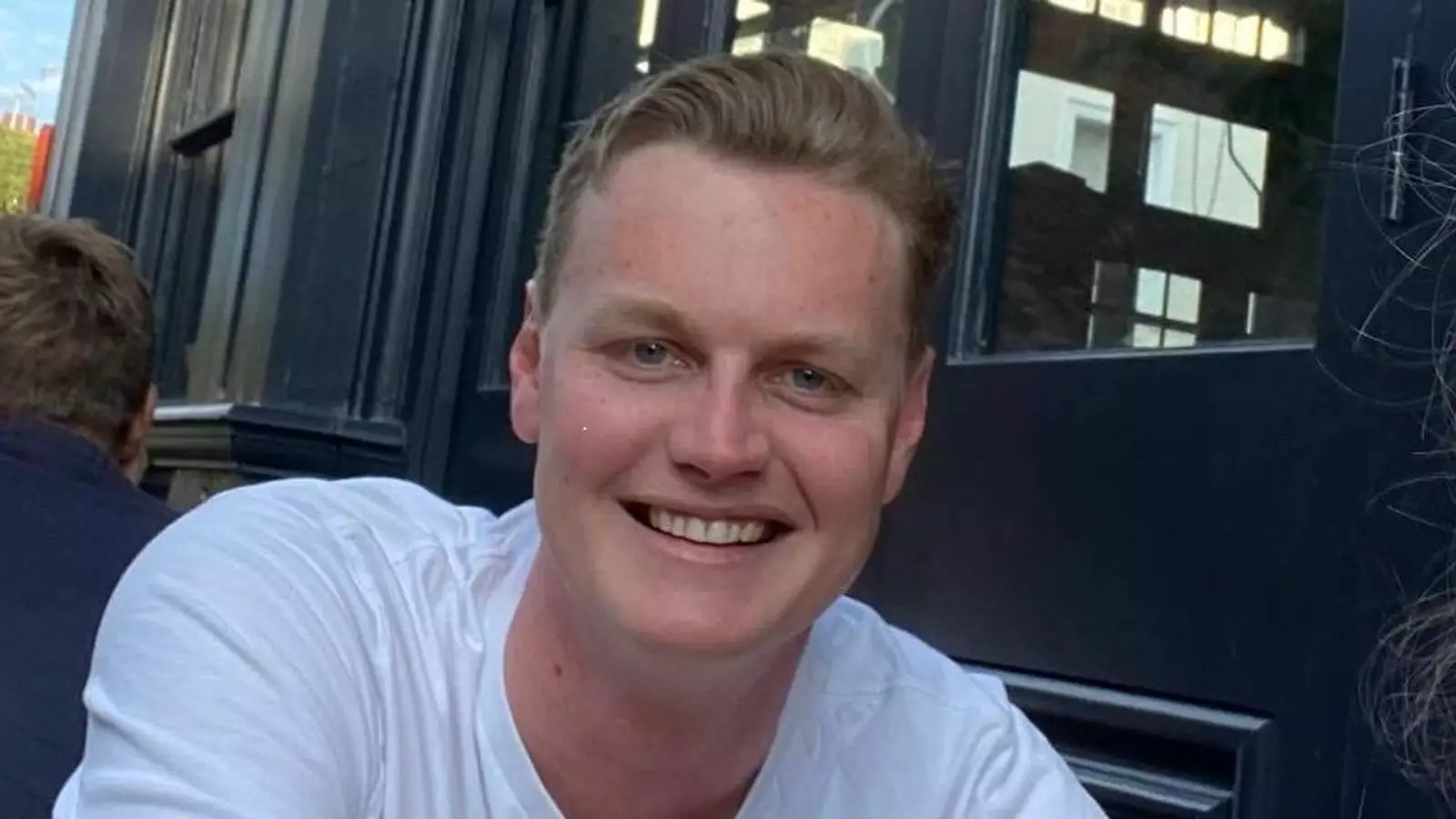The New Year’s Day tragedy in New Orleans has left a community shattered and the world in disbelief. A rented truck, driven by 42-year-old army veteran Shamsud-Din Jabbar, became a harbinger of sorrow as it crashed into revelers enjoying the vibrant atmosphere of Bourbon Street. The aftermath was devastating—fourteen lives lost and many more injured. Among the deceased was Edward Pettifer, a 31-year-old man from Chelsea, London, whose untimely passing has resonated not only with his family but also with the extended community and beyond.
Edward, described by his family as a “wonderful son, brother, grandfather, nephew, and friend,” was notably linked to the royal family through his stepmother, a former nanny to British royals. This unexpected connection has drawn public attention, but ultimately, his family’s grief and the human loss at the heart of this tragedy must take precedence. The outpouring of condolences, including those from King Charles III, reflects a recognition of the deep emotional impact this event has had on lives both in the UK and overseas.
The tragedy was not isolated to Mr. Pettifer alone; it claimed the lives of several others, each with their own stories and families left to mourn. A total of fourteen victims from diverse backgrounds and locations lost their lives in this horrific act. The New Orleans coroner confirmed that the preliminary cause of death for most victims was blunt force trauma, underscoring the violent nature of this attack.
The victims included people like Andrew Dauphin, a 26-year-old from Alabama, and Kareem Badawi, a 23-year-old from Baton Rouge—all innocent lives claimed by an act of terror. Their stories, now tragically intertwined, highlight the unpredictability of violence and the fragility of life. As the coroner continues to identify the deceased, the human toll of such attacks deserves acknowledgment and remembrance, with each name representing a unique narrative now silenced.
The FBI’s characterization of Jabbar’s actions as “premeditated” and inspired by ISIS provides further context to the chilling nature of this incident. It reflects a broader threat posed by extremist ideologies that drive individuals to commit heinous acts against civilians. Found in Jabbar’s possession were not only weapons but also an IS flag and what was suspected to be an improvised explosive device (IED). These elements paint a distressing picture of calculated terror rooted in extremist rhetoric.
Jabbar had posted videos on social media professing support for ISIS, indicating a disconcerting commitment to a cause that advocates violence against innocents. His disturbing proclamations reveal a mindset fueled by hatred, one that seeks to justify the tragic loss of life witnessed that day. Such ideology creates a cycle of fear and retaliation, further complicating the landscape of human existence. This incident serves as a poignant reminder of the ever-present threat such extremism poses to society at large.
As communities in both New Orleans and overseas come to terms with this tragedy, the need for compassion and solidarity becomes increasingly crucial. The families of the victims, including Mr. Pettifer’s, have expressed their devastation and requested privacy as they navigate their grief. It is vital that society respects their need for space while also recognizing the broader implications of the violent act that took away their loved ones.
During this period of mourning, there is hope that unity and resilience will rise in the face of adversity. Communities must band together, not only to support those affected but also to foster an environment where love triumphs over hatred. By remembering those we have lost in such senseless violence, we can ignite conversations around peace, healing, and strategies to counteract the allure of extremism.
The New Orleans attack stands as a somber reflection of contemporary society’s battle against hatred and disillusionment. Each victim’s story is a testament to a life lived and loved, deserving of remembrance. As we move forward, we must confront the roots of violence and strive for a world where such tragedies become a relic of the past.



Leave a Reply